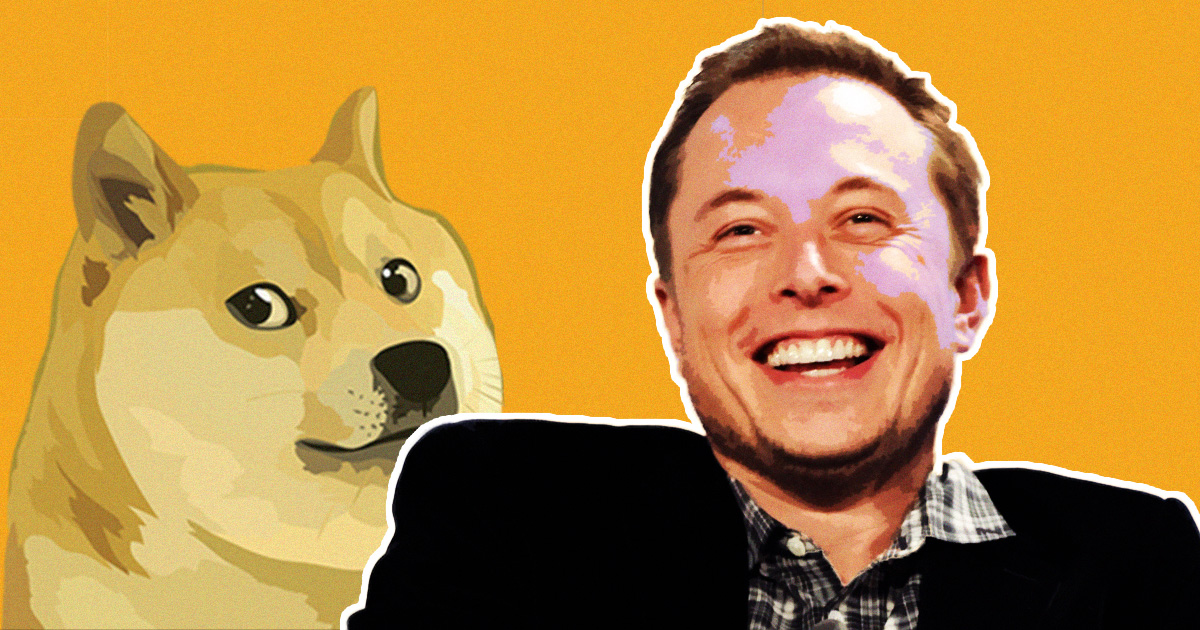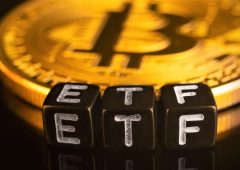Elon Musk Hints at Reintroducing Dogecoin Payments for Tesla Products
03.09.2024 15:00 1 min. read Alexander Stefanov
Elon Musk's recent announcement caused considerable hype by highlighting his continued support for Dogecoin and his vision for integrating digital assets into everyday commerce
Created as a joke in 2013, Dogecoin gained prominence largely due to Musk’s frequent endorsements, earning it the nickname “Dogfather.”
Tesla previously experimented with accepting Dogecoin for select goods, such as “Cyberwhistle” and “Giga Texas Belt Buckle,” in its online store. The move was received positively by both Tesla fans and Dogecoin enthusiasts, suggesting that large companies may increasingly consider the cryptocurrency as a payment option.
Although this initiative has been put on hold, a recent post by Musk has sparked speculation that Tesla may soon reintroduce Dogecoin as a payment method, potentially expanding its use beyond goods to more substantial offerings.
In response to a tweet asking “Who else wants Tesla to bring back the Dogecoin payment option for goods?“, the company’s founder, Elon Musk, responded with a curt “Me“.
Musk has long advocated Dogecoin as a practical currency for everyday transactions, citing its low fees and shorter transaction times compared to Bitcoin. Re-introducing Dogecoin as a payment option will not only increase its utility, but also cement Tesla’s image as a forward-thinking company that embraces innovation and new technology.
-
1
Trump-Linked Crypto Project WLFI Prepares for Token Listing and Stablecoin Audit
27.06.2025 11:00 2 min. read -
2
TRON (TRX) Eyes Breakout as Bollinger Bands Signal Squeeze
30.06.2025 13:00 2 min. read -
3
Altcoin Market: In Which Stage are we Now, According to Top Crypto Expert
06.07.2025 18:00 2 min. read -
4
Nasdaq-Listed Firm Targets HYPE, Solana, and Sui for Reserve Strategy
27.06.2025 19:00 2 min. read -
5
BNB Chain Boosts Transaction Speed and Stability with New Upgrade
30.06.2025 8:00 1 min. read
Grayscale Confidentially Files for New SEC-registered Offering Amid Growing Crypto Market demand
Grayscale Investments announced today that it has confidentially submitted a draft registration statement on Form S-1 to the U.S.
These Blockchains are Quietly Heating up—Sonic Leads With 89% Address Growth
According to on-chain analytics firm Nansen, several blockchain networks are witnessing a sharp rise in user activity, led by Sonic, which recorded an impressive 89% growth in active addresses over the past 7 days.
Here is How to Read the Crypto Fear and Greed Index
In the volatile world of cryptocurrency, investor psychology is one of the most powerful forces behind price movement.
These Are the Most Trending Altcoins Right Now, According to CoinGecko
Crypto analysis platform CoinGecko has revealed the most talked-about altcoins in recent hours, highlighting a surge in investor interest across a range of sectors—from meme coins to DeFi and gaming tokens.
-
1
Trump-Linked Crypto Project WLFI Prepares for Token Listing and Stablecoin Audit
27.06.2025 11:00 2 min. read -
2
TRON (TRX) Eyes Breakout as Bollinger Bands Signal Squeeze
30.06.2025 13:00 2 min. read -
3
Altcoin Market: In Which Stage are we Now, According to Top Crypto Expert
06.07.2025 18:00 2 min. read -
4
Nasdaq-Listed Firm Targets HYPE, Solana, and Sui for Reserve Strategy
27.06.2025 19:00 2 min. read -
5
BNB Chain Boosts Transaction Speed and Stability with New Upgrade
30.06.2025 8:00 1 min. read


